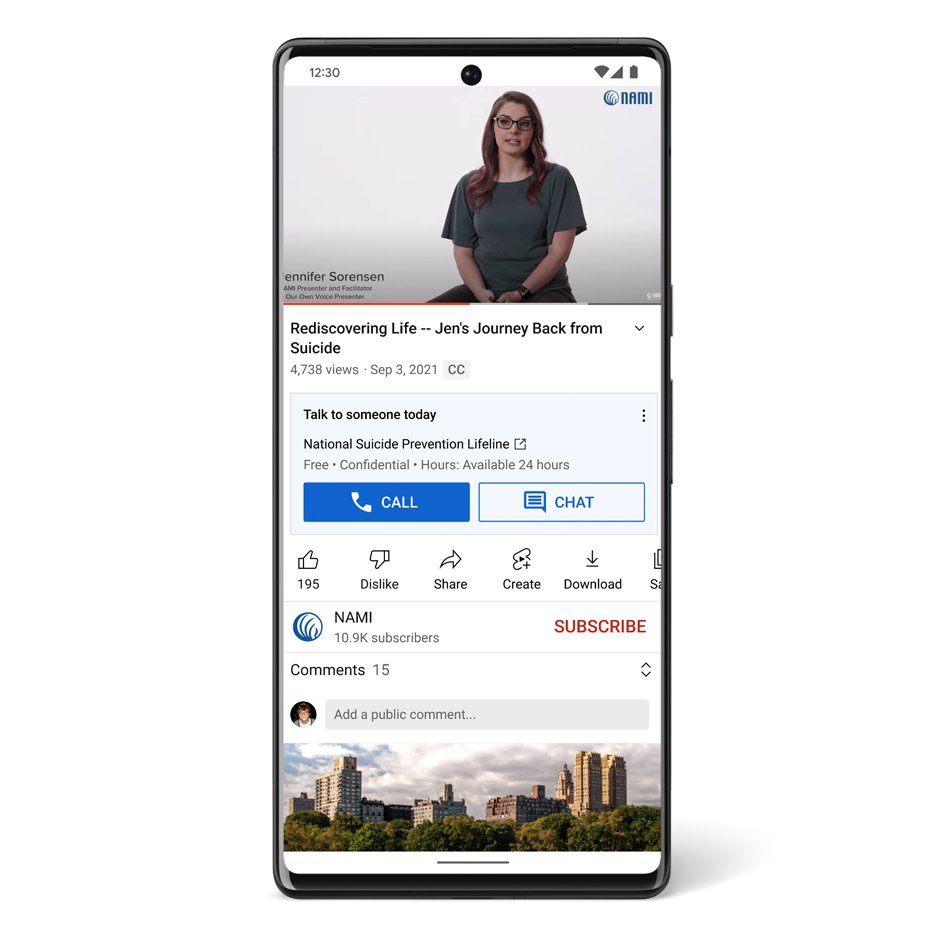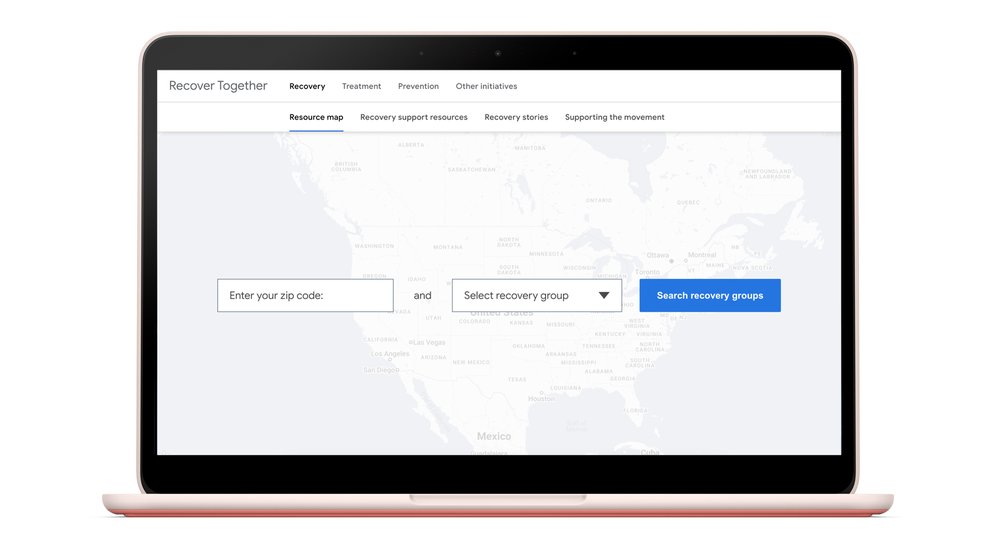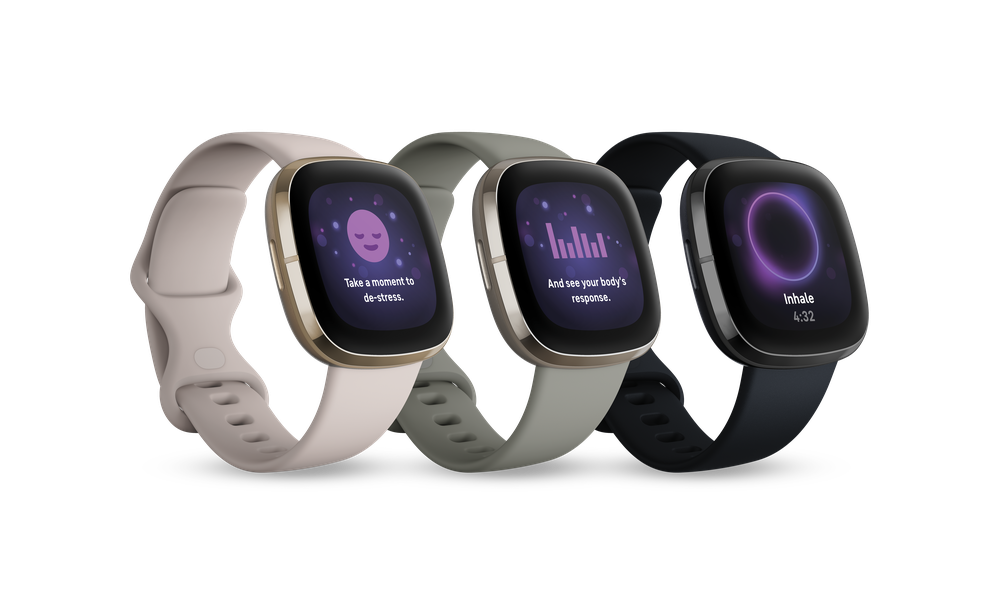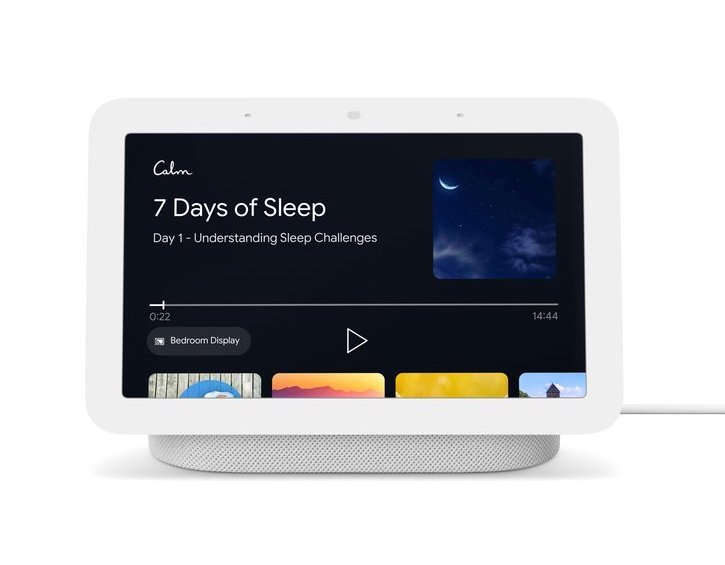Resources for those in crisis
We know that many people turn to Search to get actionable information during a personal crisis, whether it’s related to suicide, sexual assault, substance abuse or domestic violence. In the coming weeks, we’ll update Search to use our AI model MUM to automatically and more accurately detect personal crisis searches in order to show you the most relevant information when you need it.
We’ve also made it easier to access clinically-validated mental health self-assessments from Search for conditions such as depression, anxiety, postpartum depression and post-traumatic stress disorder (PTSD). These self-assessments, frequently used by medical professionals, are meant to help people understand how their self-reported symptoms might map to known mental health conditions.
On YouTube, updates to our crisis response panels better connect you with timely and important resources. For years, YouTube has shown crisis resource panels on certain search queries to connect people with local organizations that can help them through a moment of critical need. Now, crisis resource panels appear on the Watch Page and in search results. The number of topics that display crisis resources in YouTube search results has also expanded to include issues like depression, sexual assault and substance abuse.
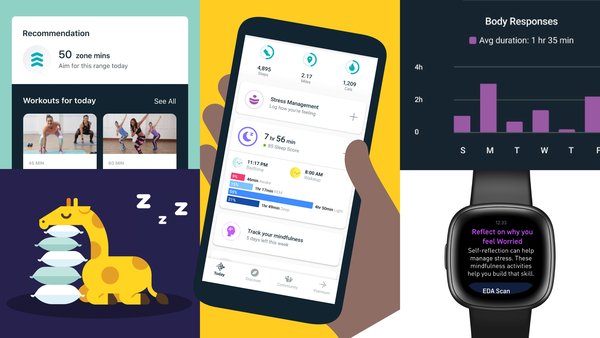 How Fitbit, Google Nest and Pixel Watch can help you get better sleep, manage stress and work out smarter in 2023.
How Fitbit, Google Nest and Pixel Watch can help you get better sleep, manage stress and work out smarter in 2023.
 How Fitbit, Google Nest and Pixel Watch can help you get better sleep, manage stress and work out smarter in 2023.
How Fitbit, Google Nest and Pixel Watch can help you get better sleep, manage stress and work out smarter in 2023.
